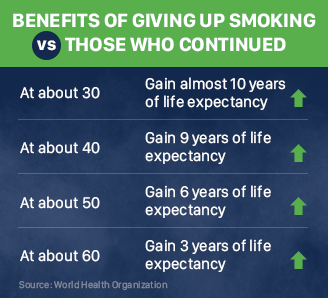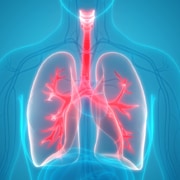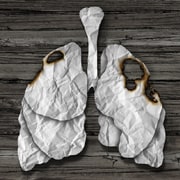

- Home/
- Latest Videos/
- Smokers Have Higher Chances Of Getting Infected With COVID-19
Smokers Have Higher Chances Of Getting Infected With COVID-19
Dr Arvind Kumar, Chest Surgeon, Shri Ganga Ram Hospital, New Delhi explains how smokers are more likely to get infected with the highly contagious coronavirus. He said, "If you are a smoker, you have weakened immunity and respiratory system. The overall immunity of windpipe and lining of lungs is also affected in such people due to continuous smoking and the damaged organ of the human body is always prone to infections. Secondly, if the infection does occur in smokers then the ability to fight that infection and survive will be low. So, the current coronavirus pandemic is the bigger issue for smokers than non-smokers. The smokers have a higher chance of contracting the disease and if they contract then they will have a lower chance of surviving." Dr Kumar also said if there is one time for smokers to quit smoking, it is today.

Health Benefits Of Giving Up Smoking

Within 20 minutes:
Within 20 minutes of quitting smoking, your heart rate and blood pressure drop

Within 12 hours:
And if you have not smoked for 12-hours, carbon monoxide level in your blood drops to normal

In 2-12 weeks:
Circulation improves and your lung function increases

In 1-9 months:
Coughing and shortness of breath decrease for a person who has quit smoking

Within 1 year:
Risk of coronary heart disease is about half that of a smoker's

In 5 years:
Stroke risk is reduced to that of a nonsmoker 5 to 15 years after quitting smoking

In 10 years time:
Risk of lung cancer falls to about half of that of a smoker and your risk of cancer of the mouth, throat, esophagus, bladder, cervix, and pancreas decreases









